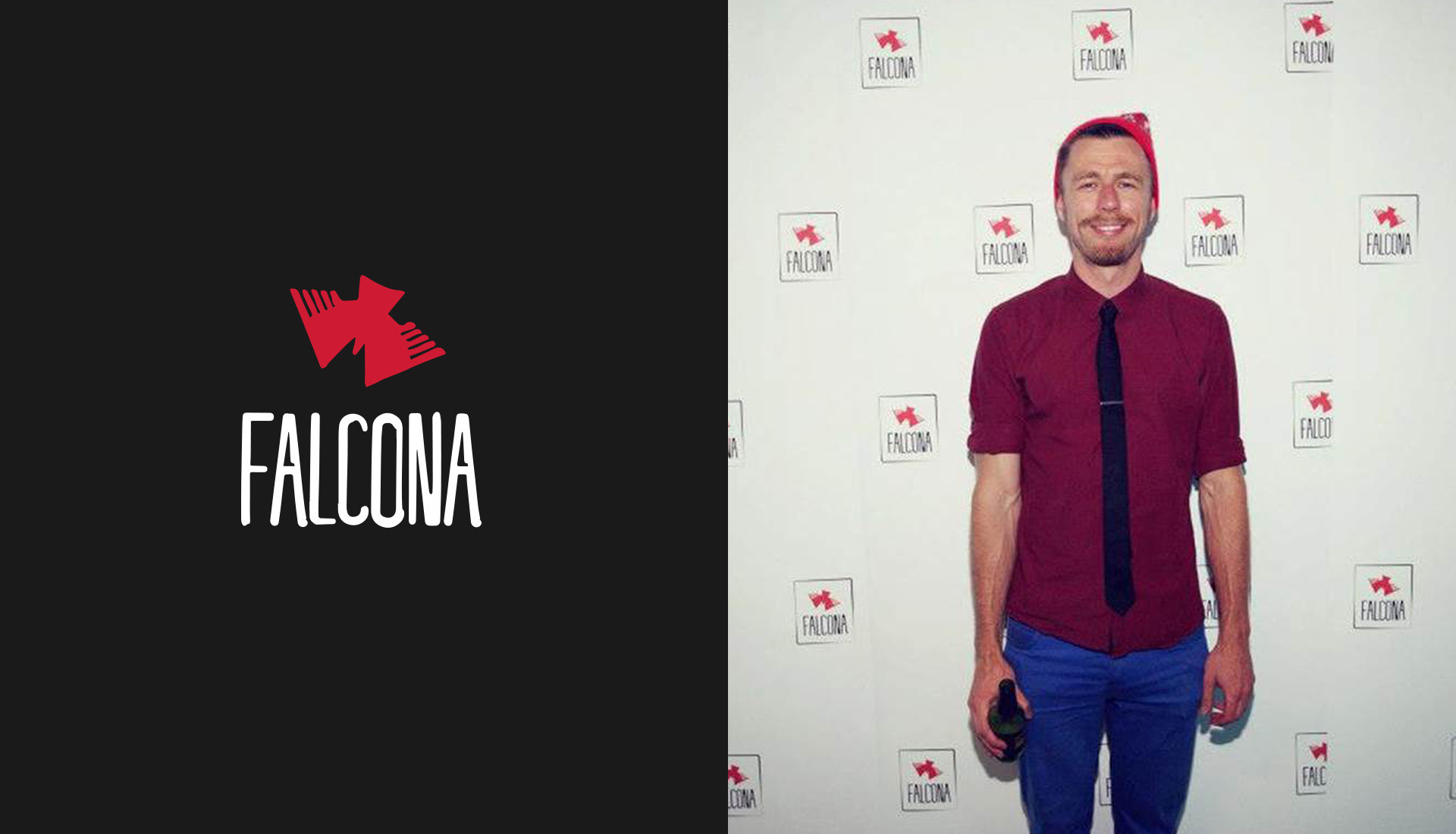Category
music_pr_management
Interview with Garth Crane
“Falcona is a boutique music and events company based out of Surry Hills, Sydney. With one foot planted firmly in indie, we are a team of music fiends dedicated to delivering the highest quality events, tours, music and advice throughout Australia and the world. Whether it’s PR, design, touring, consulting, management, events, marketing or booking – odds are, we do it better!”
WEBSITE: falcona.com.au
Can you tell us about your career background?
I did a finance/marketing degree at UNSW and started working in finance and then in marketing in the finance industry. I quit that to work in music, where I began by booking a venue in Kings Cross eventually leaving that to start a management/bookings agency with some friends who I had worked with while booking the venue.
The first few years of that company were tough, we had small acts, (a few of which we still manage now – Alison Wonderland, Hayden James etc.) didn’t have many contacts in the industry, and we got through by promoting parties and events in the Sydney scene.
Eventually we built things, developed knowledge and contacts and our acts started to do well. In 2015 I moved to Los Angeles to take our acts to the next level over here. So far so good.
What would a typical day in your job involve?
Because we have a world wide operation with the acts we manage, I usually wake to a slew of emails from Europe, which I get back to first thing, then move in to USA mode, having meetings and organising things for the USA, then in the afternoon and evening touch base with the Australian operation and work through some things there.
The majority of my time is spent on helping our artists make their music and discussing plans, dealing with record labels about the releases and marketing, dealing with booking agents around the world planning shows and tours, dealing with artists and tour managers, organizing the upcoming shows details, fielding requests for press/collabs/shows/videos etc., seeking opportunities like collabs, press ops, TV ops etc. and doing the mountains of admin which builds up with active artists.
How does a musician secure artist management?
It can happen in many ways. Out of the acts we manage, Alison Wonderland and Hayden James were around 8 years ago as talented Djs when we started the company, we started with them day one at the beginning of their careers.
Then acts like DMA’S were discovered when Leon (my business partner), saw a video of theirs on Facebook, then we approached them. Other acts have come about through being recommended to us through industry friends and finally we do occasionally pick up acts that approach us.
But to be honest that almost never happens. Most acts who approach us don’t have enough going on or enough for us to consider managing (which is an enormous risk in terms of our time).
So for new acts I would suggest two things – you can either try and partner with a new and up and coming manager or you can try to reach out to established managers.
Though only do that when something exciting has happened off your own bat. You need to show that you are serious about your career and that you can achieve things on your own too.
No one wants to manage an act where they are also their personal assistant and hand holder. If you present yourself as an act which is already showing signs of doing well, then a manager could help immediately lift the act to the next level, that is way more attractive.
What advice can you offer young aspiring musicians who would like to pursue a career in music performance?
The best advice I can give someone entering the music industry is to prepare for this to be a long slog and expect to do everything yourself (if and when you get a good team together that is a bonus but it can take years).
You also need to be realistic about your expectations and your talents. If you aren’t a great singer, maybe look to production as an option for example, be ruthless in your analysis of yourself.
In terms of how long things take, it is always longer than you think. Almost every act you think blew up out of nowhere has been sloggin’ it out and honing their craft for years and years. The public only tends to see and notice the act once things are going right for them, but there was usually years of slowly building up skills, contacts and fans before that point.
Quite literally it took Alison Wonderland 10 years of music and 5 years of DJing before she played her first festival, then another 2 years before she was playing a main slot. It took Hayden James 3 different acts, which didn’t quite make it and 8 years before his break through single “Something About You”.
The DMA’S all played in many other bands for years before they formed. The DMA’S wrote demos for almost 2 years before their first show then finally got recognized and got signed/management/bookings/label/publishing etc.
Through all of those early stages people wont want to do things for you, you will need to build off your own steam. As long as you are moving forwards keep going, but also don’t be afraid to change course and try a new name or act if you hit a dead end on a musical project.
Sometimes something brand new can capture people’s attention much better than a 2-year-old act, which hasn’t achieved anything. Flogging the proverbial dead horse isn’t worth it; you need to know when a project is done.
I see bands who used to play to 40 people in 2007 still playing to 40 people in 2017, but picking when something is worth persevering with is sometimes the hardest thing. At the very least differ your approach if things aren’t working.


